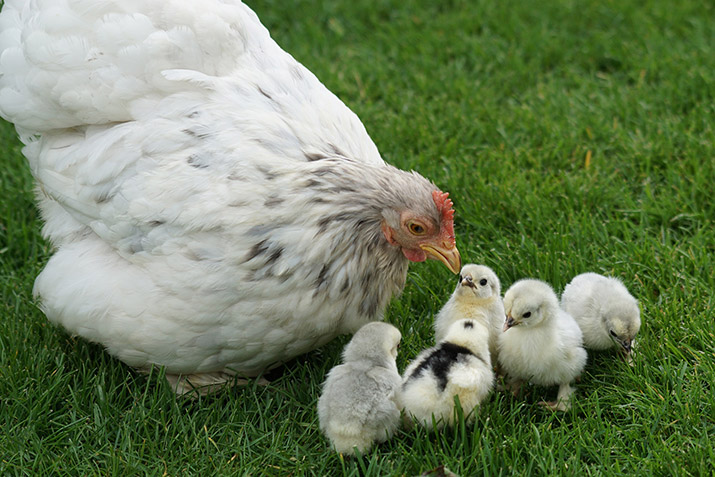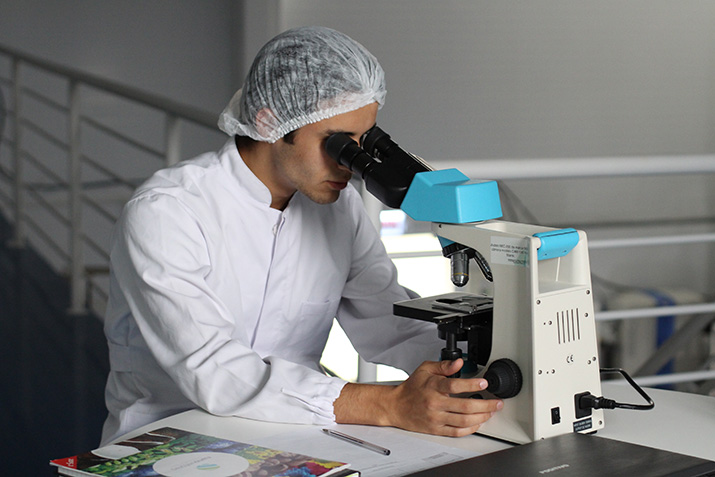Make alum part of your poultry farm’s best practices
Over half of the nitrogen excreted by chickens is lost to the atmosphere as ammonia before the litter is removed from the poultry house. Research has shown that adding aluminum sulfate to the litter greatly reduces ammonia emissions (1).
Lower ammonia levels result in heavier birds, better feed conversion and lower mortality.
Alum additions to poultry litter also precipitates the phosphorus into a form that is not water soluble. This greatly reduces phosphorus runoff from fields fertilized with poultry litter. Alum additions also reduce the number of pathogens in the litter.
Alum additions result in less nitrogen being lost due to ammonia volatilization. Ammonia fluxes from alum-treated litter have been shown to be 70% lower than normal litter. This results in higher nitrogen content of the litter which boosts crop yield. Lower ammonia levels in the rearing facilities also improve poultry production and make the environment safer for agricultural workers.
Treating litter with alum is a cost-effective best management practice, due to economic returns from improved poultry production and reduced energy costs. Alum is typically applied between each flock of birds.


Pure 7: an alum backed by poultry industry experience
Pure7 is purified aluminum sulfate blended with a higher acid content for use in poultry production facilities. Pure7 is 100% low iron, and, unlike standard-grade alum products, it is free of many other heavy metals including arsenic, copper, mercury, lead, zinc, and more.
Affinity Chemical’s Pure7 team includes individuals who were part of the original research into alum use as a poultry litter amendment, as well as those who have considerable alum production experience.
Pure7 is distributed exclusively by Clear View Enterprises, a leader in the animal health products industry who developed the market for litter amendments.
Learn more and get product specs on our Pure 7 product page.
- Treating Poultry Litter with Aluminum Sulfate (Alum), Philip Moore, USDA-ARS, Fayetteville, AR